10 Amazing Benefits of Rosemary for the Skin | How to Use it?
| Authored by: Sanjana Tharwani |
| Reviewed by: Kapil Dhameja |
| Estimated Reading Time: 4minutes |

Let’s be honest. If I say “rosemary”, your mind would probably go to the herb rack in your kitchen and not towards a herbal remedy for skin. It’s time you realized that rosemary is far more than just a kitchen favorite. While you’ve been spending money on expensive serums which are mostly full of chemicals, rosemary’s benefits for skin have been going unrecognized in your kitchen.
Rosemary has taken over the skincare world by storm, thanks to its powerful antioxidants, anti-inflammatory nature and glow-boosting properties. But be warned that rosemary oil for skin isn’t one of those “put pizza toppings on your face and call it self-care” kinds of moments. This one’s backed by legit science, powerful plant actives, and some pretty impressive skincare benefits.
And before you even start thinking, “Not another herbal remedy blog,” stop! Think about it. I mean, really think about it. It’s about time your skin needs a natural best friend. The fact that it smells so amazing is just an added bonus!
Let’s get into the real reasons why rosemary deserves a spot in your skincare routine (and not just in your soup).
Table of Content |
What’s Inside Rosemary That Makes It a Skincare Superhero?

The part of the rosemary plant that we know is just some amazing aromatic herbs, but the plant actually has exquisite bioactive compounds that are pure gold for our skin. These bioactive compounds provide rosemary with amazing anti-inflammatory, antioxidant, and antimicrobial properties, and make it one of the most versatile natural skincare ingredients. Let's take a closer look at these:
-
Rosmarinic Acid: A polyphenolic compound that provides excellent antioxidant and anti-inflammatory properties. Reduces oxidative stress and improves skin conditions, like acne, eczema, and sunburn. It calms redness and irritation of the skin, which makes it helpful for people with sensitive skin.
-
Carnosic Acid and Carnosol: These two bioactive compounds make up a strong part of the rosemary leaf. They have considerable antimicrobial and UV-protecting properties, which help reduce bacterial overgrowth on the skin and UV exposure on the skin. There are also studies that report carnosic acid helps support cellular repair and regeneration (useful for wound healing, scars, skin texture, and improvement over a longer period of time).
-
Camphor: Rosemary's cooling sensation comes from camphor. Camphor is also a natural astringent and anti-inflammatory. Camphor helps shrink the appearance of pores and sebum (oil) production as well as relieve the experience of skin congestion.
-
Essential Oils (Cineole, Borneol, and α-Pinene): These oils are the core of rosemary’s aroma and its antimicrobial power. All of them work together to provide antibacterial, antifungal and antiseptic effects, making rosemary further effective against acne, fungal infections and other skin irritations. They also help to enhance the penetration of other ingredients, improving the efficacy of your skincare routine.
10 Amazing Benefits of Rosemary for Glowing Skin
-
Fights Acne and Breakouts: Due to its antimicrobial properties, using rosemary oil for skin forms an effective shield against acne-causing bacteria. Rosmarinic acid helps to reduce swelling and redness in active breakouts. As opposed to harsh chemical treatments, rosemary’s benefits for skin are far more gentle.
-
Tightens and Tones the Skin: With age, the skin begins to lose its elasticity and firmness. Its natural astringent properties fight against this by tightening the skin and reducing the appearance of pores. It also stimulates muscle fibres under the skin, offering a subtle lift in the cheek and jawline area (without any invasive treatments!).
-
Improves Blood Circulation: Another (often overlooked) cause of dull and tired-looking skin is poor blood circulation. Rosemary oil for skin stimulates capillary dilation and increases blood flow to the skin’s surface, ensuring that oxygen and essential nutrients reach skin cells more efficiently. This not only gives your skin a healthy, rosy glow but also supports faster skin regeneration and detoxification.
-
Reduces Under-Eye Puffiness: Puffy eyes are often the result of fluid retention or poor lymphatic drainage. Rosemary can help with that, too! When applied as a cooled rosemary tea compress or infused eye cream, it helps tone the delicate under-eye skin and visibly reduce puffiness and dark circles.
-
Delays Signs of Ageing: Being packed with antioxidants like carnosic acid, rosmarinic acid, and ursolic acid, rosemary effectively fights oxidative stress. Regular use of rosemary extract or oil strengthens the skin’s defences against environmental damage, helps maintain collagen integrity, and slows down visible ageing.
-
Fades Acne Scars and Hyperpigmentation: While you may have figured out a cause for your acne, what about those stubborn scars and dark spots left behind? I’m sure they still bother you! Rosemary promotes cell turnover and skin regeneration, which helps gradually fade post-inflammatory hyperpigmentation. Thanks to its antioxidant activity, it can also control melanin production and help you achieve an even-toned complexion over time.
-
Balances Oily Skin and Sebum Production: Your breakouts are triggered by excess oil, which clogs pores. Rosemary benefits for skin include regulating oil production by calming overactive sebaceous glands. It acts as a natural toner that reduces shine while maintaining skin hydration. Hence, it becomes ideal for people with oily or combination skin who wish for a matte finish without the accompanying dryness.
-
Soothes Sensitive and Reactive Skin: Due to the presence of rosmarinic acid, rosemary oil for skin helps to reduce inflammation and allergic reactions. It has been studied for its ability to calm conditions like eczema, rosacea, and dermatitis. When used in diluted forms, rosemary provides relief without irritating already sensitive skin, thus acting like a plant-based alternative to steroid creams.
-
Supports Collagen and Elastin Production: Your skin stays supple and firm due to collagen and elastin. Rosemary encourages their production. Over time, rosemary-infused products may help improve skin texture, reduce sagging, and enhance strength against wrinkles and environmental aggravators.
-
Acts as a Natural Detoxifier: Other than oil, environmental toxins, pollutants and leftover skincare products can also clog your pores. Rosemary’s detoxifying properties help to purify the skin by removing these impurities. It stimulates lymphatic drainage and boosts blood flow, helping the skin detox from within and making it clearer and look more refreshed.
How to Use Rosemary in Your Skincare Routine?

At this point, if you’re worried about the hassle of incorporating rosemary in your skincare regimen, let me assure you that it is very simple! Whether you’re a DIY enthusiast or someone who loves curated skincare products, there’s an option for everyone.
-
Rosemary Essential Oil (Diluted):
-
Mix a few drops of rosemary oil for skin with a carrier oil (jojoba, sweet almond, etc.)
-
Massage it gently on your face at night, avoiding eye contact.
-
Rosemary-Infused Face Wash or Toner:
-
When buying these products, be on the lookout for rosemary extract or rosemary hydrosol in the ingredient list.
-
These help to cleanse the pores and tighten the skin without drying it out.
-
DIY Rosemary Toner:
-
Boil a handful of fresh rosemary sprigs in water.
-
Let it cool and strain it.
-
Store in a spray bottle and use as a facial mist or toner.
-
Rosemary Face Steam:
-
Add rosemary sprigs or a few drops of rosemary oil to a bowl of hot water.
-
Steam your face for 5–10 minutes to open pores and absorb its anti-inflammatory benefits.
-
Face Masks with Rosemary Oil:
-
Add a drop or two to clay-based face masks to amp up the detoxifying effects.
Precautions to Keep in Mind
While rosemary is generally safe, it's essential to use it wisely to avoid unwanted side effects:
-
Always dilute rosemary essential oil before applying to the skin to prevent irritation or burns.
-
Perform a patch test before trying any new rosemary-infused product.
-
Avoid during pregnancy or if you have epilepsy unless advised by a doctor.
-
Not recommended for use around eyes or mucous membranes.
-
If you have sensitive skin, consult with a dermatologist before regular use.
Final Thoughts
From its antioxidant-packed profile to its acne-fighting, glow-boosting, and anti-ageing properties, rosemary is a versatile gem in the world of natural skincare. Incorporating rosemary benefits for skin into your daily routine not only enhances your glow but also protects your skin in the long term.
So whether it’s through a calming facial mist, a detoxifying mask, or a rejuvenating serum, let this humble herb work its botanical magic.
FAQ's
1 Is it safe to use rosemary on face overnight?
Yes, but only when mixed with a carrier oil. Using it straight can make your skin dry or irritated.
2 What are the top benefits of applying rosemary oil overnight?
It might help with acne, dark spots, dullness, puffiness, fine lines, circulation, and making your skin look better overall.
3 Does rosemary oil really help with acne?
Yes. It can help calm active breakouts and kill the bacteria that cause acne.
4 Can rosemary oil make skin glow overnight?
It makes blood flow better and lessens dullness, which can make skin look brighter and more refreshed by morning.
5 Can it lighten pigmentation or dark spots?
Rosemary oil may help fade dark spots over time because it has antioxidants and helps cells grow back.
6 What is the best way to apply rosemary oil overnight?
Put 1–2 drops of rosemary essential oil in a teaspoon of jojoba, almond, or coconut oil and mix well. Then, put it on clean skin.
7 Can I mix rosemary oil with moisturizer?
Yes. Adding one drop to your night cream makes it gentler and helps it soak in better.
8 How often should I use rosemary oil overnight?
The best number of nights is two to three. Using it more often could make sensitive skin feel worse.
9 Who should avoid rosemary oil on their face?
People with eczema, rosacea, sensitive skin, or allergies to essential oils should stay away from it or see a dermatologist.
10 How to Use Rosemary for Skin?
Rosemary can be used for skin by applying diluted rosemary essential oil with a carrier oil, using rosemary-infused water as a natural toner, adding it to face steam for deep cleansing, or mixing it into DIY face packs with aloe vera or multani mitti. Always do a patch test and avoid using essential oil directly on the skin.
Recommended Products:
Natural Hydrating Face Serum & Facial Oils
Related Articles:
Ceramides Explained: Your Skin's Natural Barrier Builders
Ceramides and Aging: Can They Help Reverse the Signs of Aging
Ceramides vs. Other Moisturizing Ingredients: What Sets Them Apart?
Squalane: The Skin Hydrator You Need in Your Life
Glycolic Acid for Hair: Benefits & Uses
References:
https://www.ncbi.nlm.nih.gov/pmc/articles/PMC3736918/


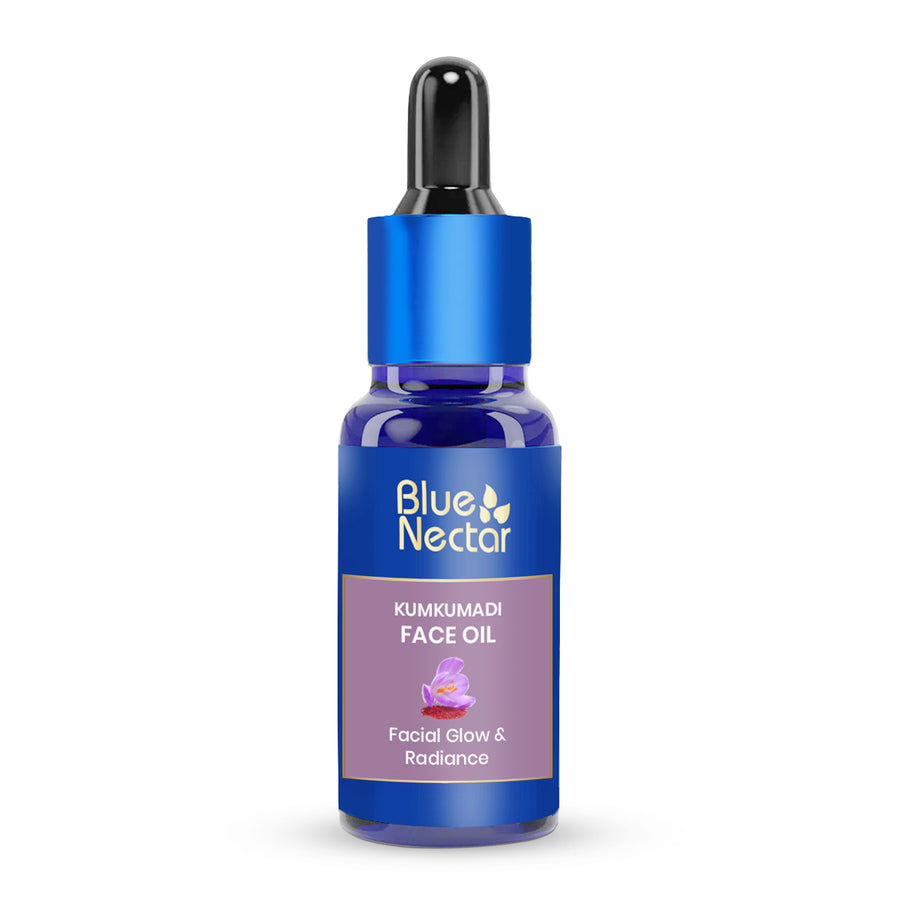
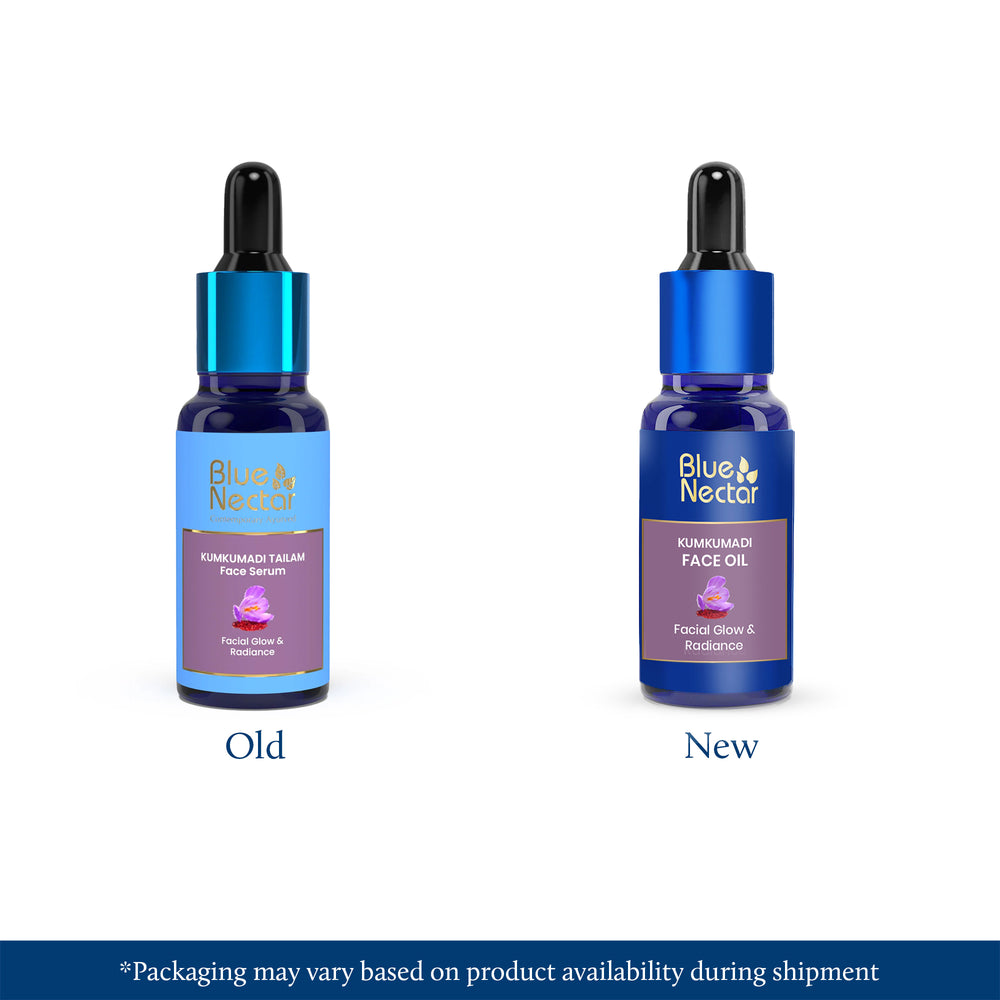
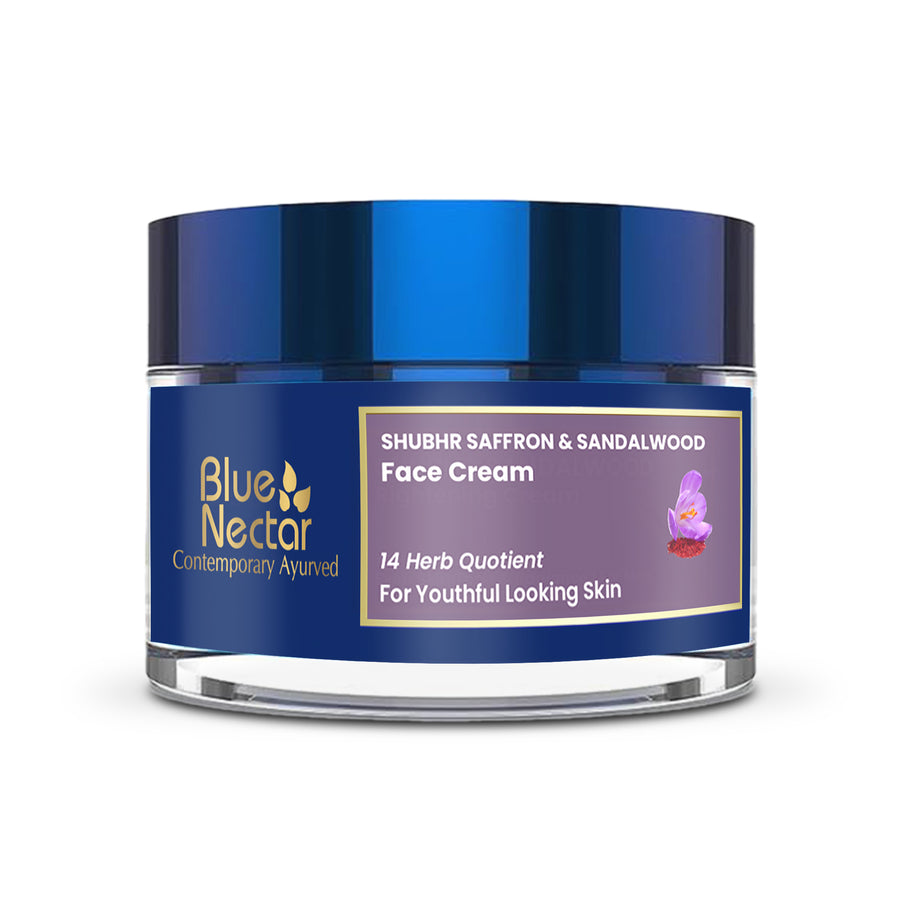
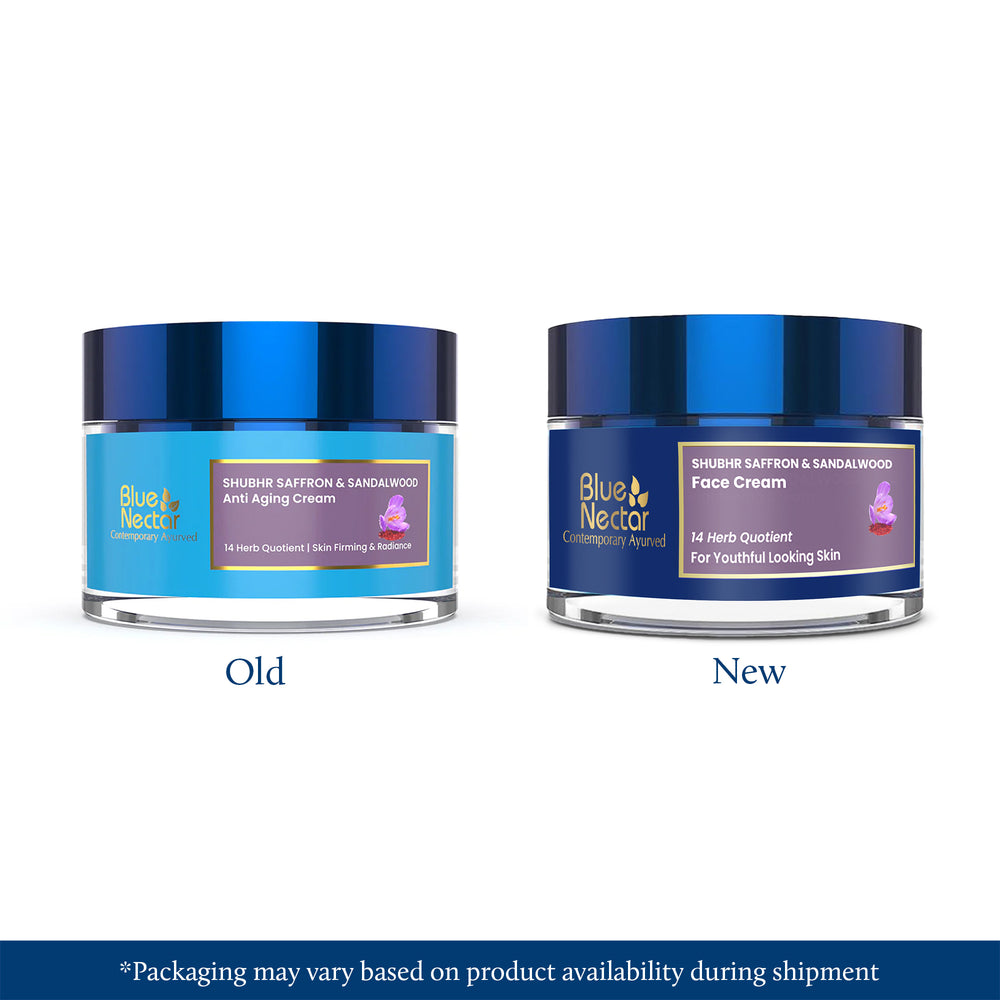
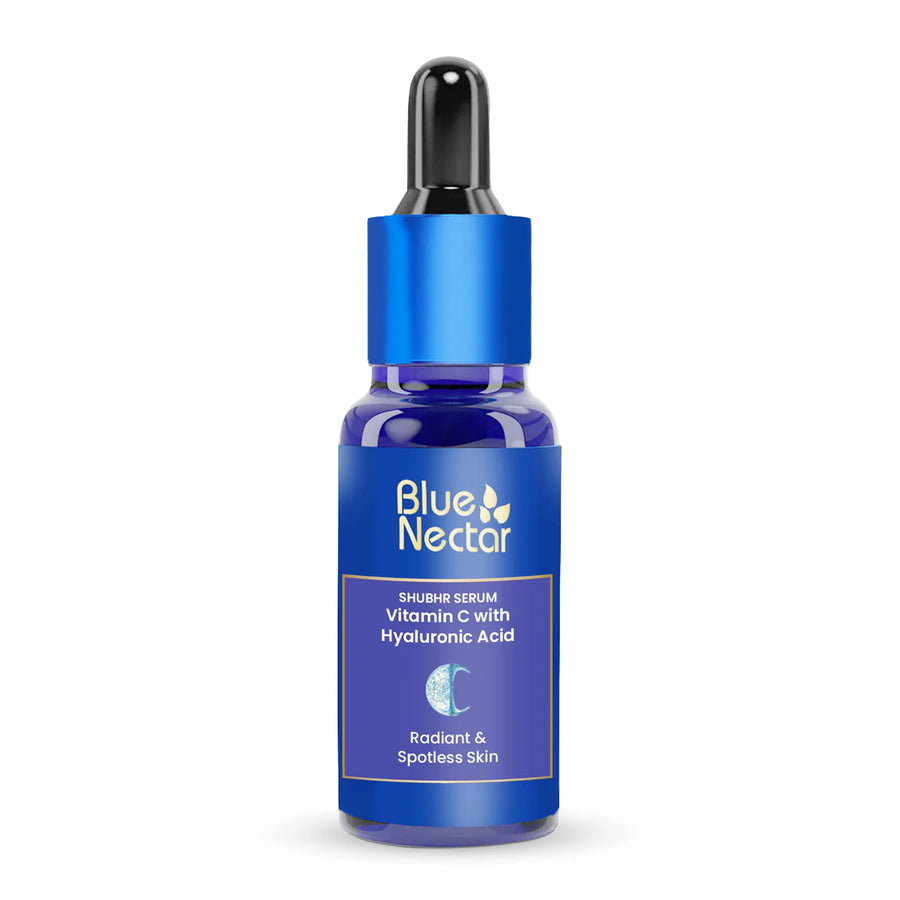
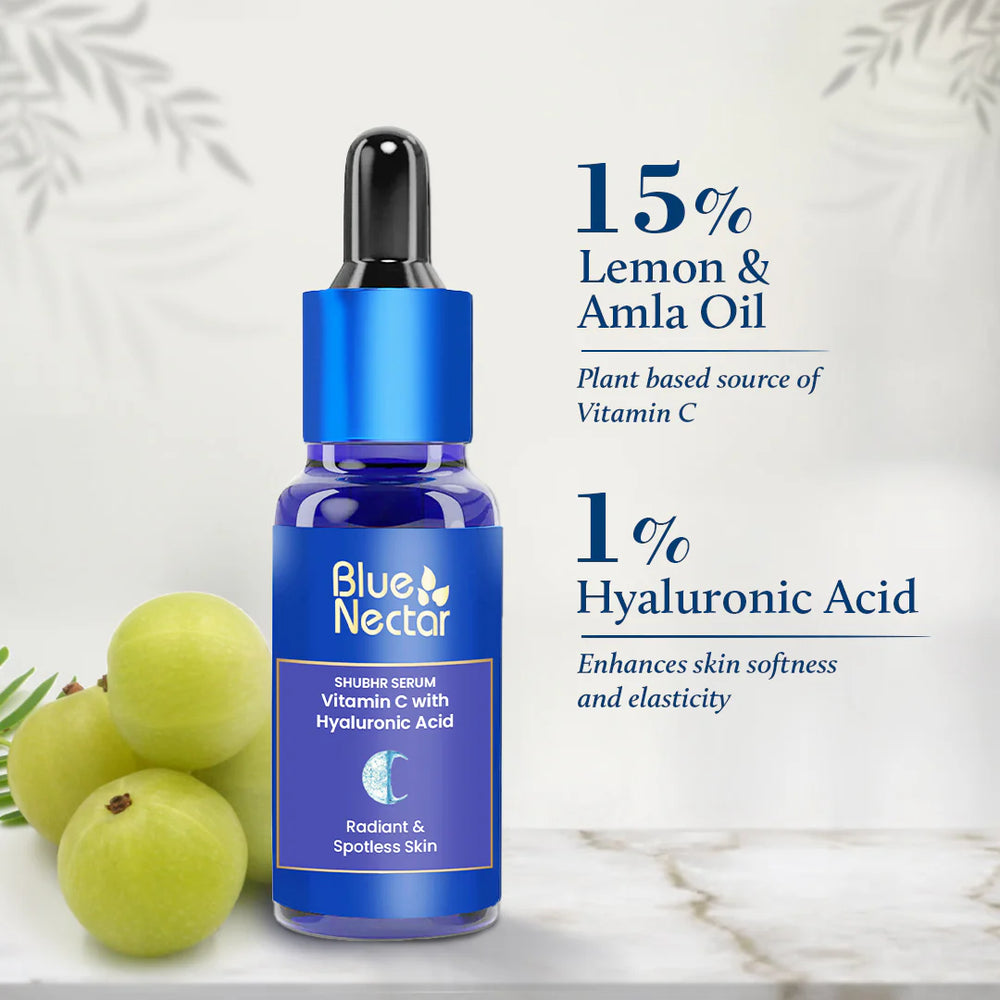


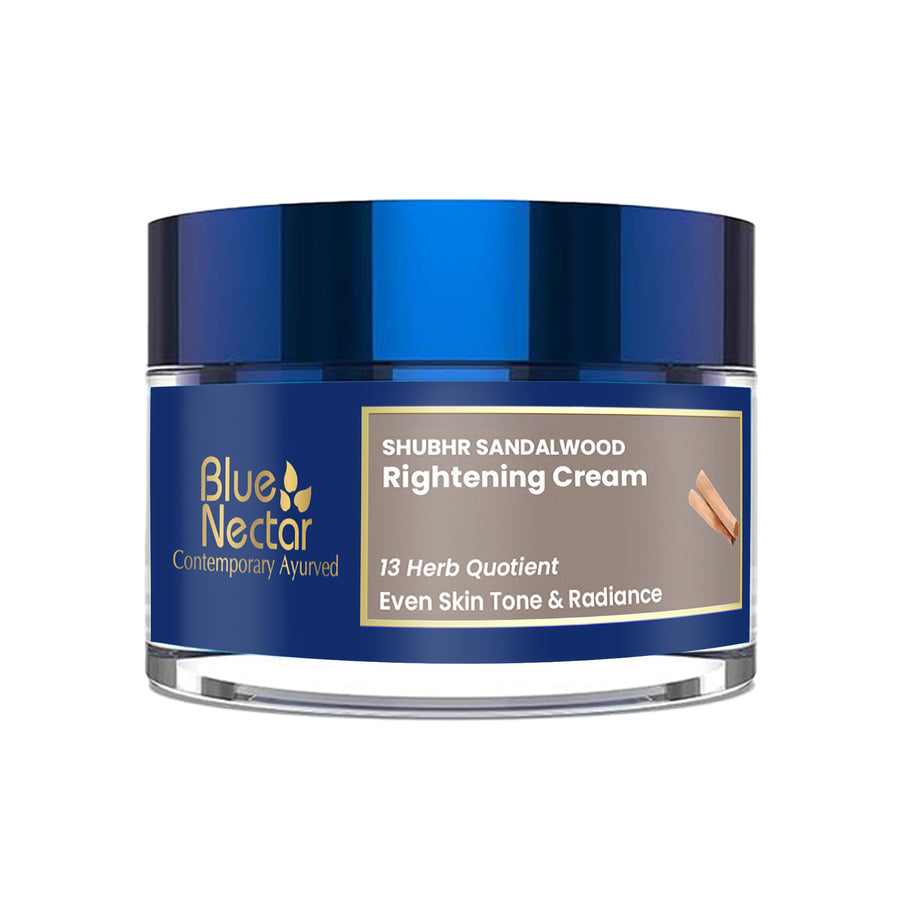
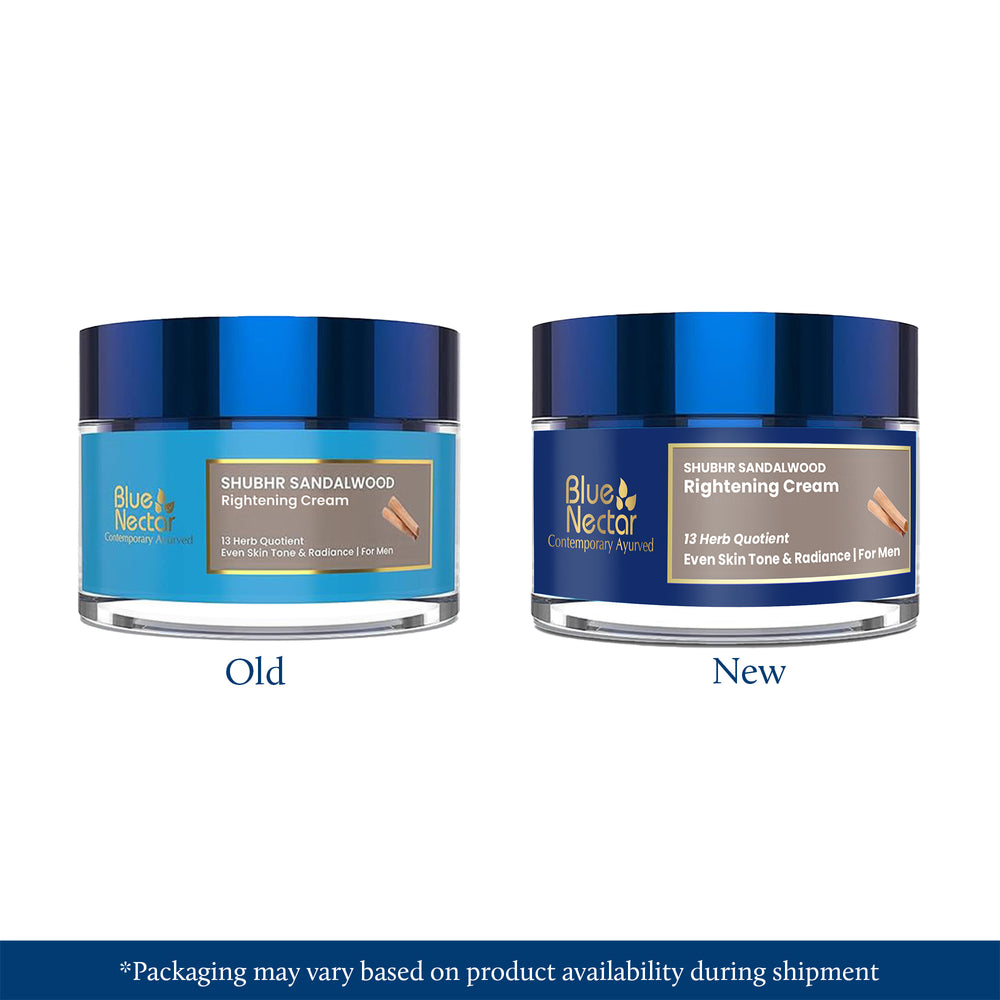




Such a well-researched and informative read! I appreciate how this blog explains the anti-inflammatory and antioxidant powers of rosemary in simple terms.
Leave a comment